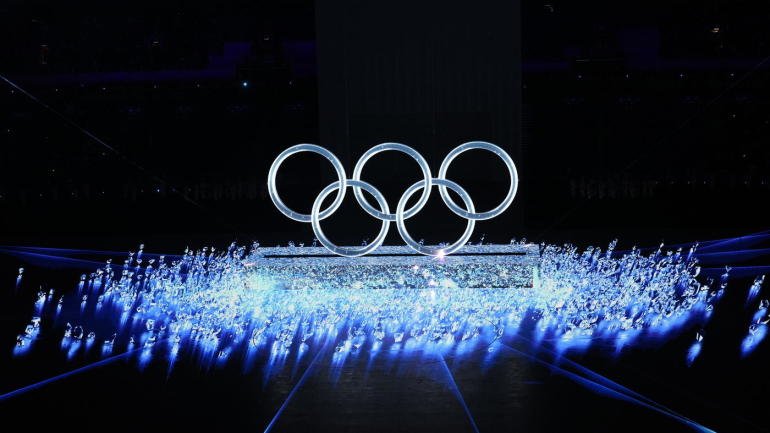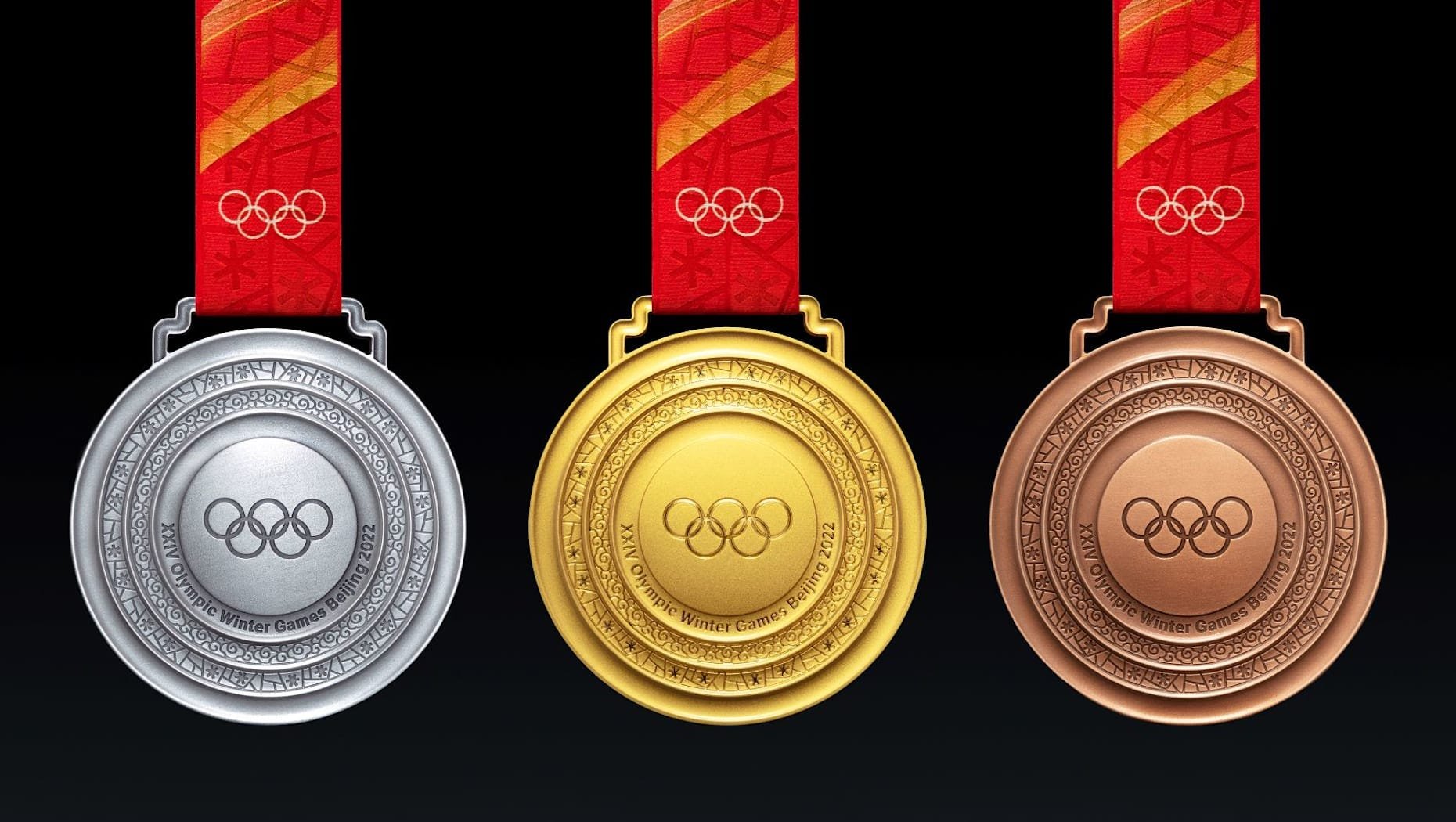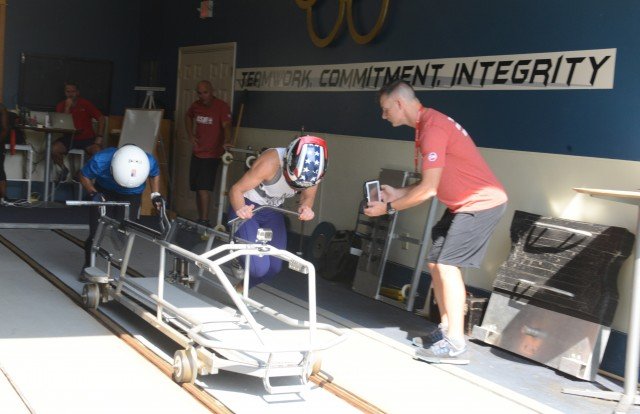Can Education Be More Like The Olympics?
As the Winter Olympics draw to a close, I can't help but reflect on talent development and the broader education system.
For the last several weeks, the whole world has collectively synchronized our lives around watching elite athletes compete in events that we spend most of the year not caring much about at all. I would go so far as to say that merely “watching” doesn’t capture the essence of the Olympics. In some cases, fans are developing such deep-seated passions and interests around the strengths of others that fights are not unheard of.
It's as if our lives are orbiting around talent on display. We’re sucked in by the gravity of talent. We’re not watching because we necessarily care about what they're doing. We’re watching because we’re blown away by how good they are at doing it. We're mesmerized by talent.
I can’t help but ask myself this burning question that seems so obvious to me. If the whole world is watching, they must see value in excellence, correct? They must respect the development of talent, right? Surely, they are enamored with getting the best and brightest to push the bounds of what we know, no?
Then why don’t we do this with education?
Think about it! We're taking people that have unconventional, extreme interests, unique abilities, not forcing them to do other things. We’re not saying, “oh, you like to brush ice to move metal things? Well, how about you stop thinking about that and read this book.” No, we’re spending millions of public and private dollars and colossal amounts of energy to encourage these athletes to push themselves towards their passions, immerse themselves in their interests and build meaningful lives around their practices.
Alas… when I look at the education system, I can't help but see how Un-Olympic it is. We’re doing the opposite… instead, we tell children, “oh you love that? Well, do this other thing.” I just can’t imagine that happening anywhere else. Imagine a champion figure skating coach going over to the biathlon team and taking their most passionate, curious, and talented skier/shooter and saying “put down the gun and skis, kiddo, we’re grading you on your ability to do a triple Salchow.”
If it sounds so absurd there, why do we tolerate that in education?
To drive this point home, I'm sure that at some point, some of the members from the bobsledding team were in a philosophy class being asked to reflect on Nietzsche, Aristotle, or Confucius, yet they had other things on their mind like practice, a new policy, strategy, or advice from their coach on their minds.
I'd be willing to wager that some of those students perhaps struggled in their classes because of how busy their brains were, how tired they were from practicing, or how focused they were on what they knew really mattered.
Funnily enough, I'd be willing to bet that their teachers, who may have had a difficult time reaching them, are now watching them on the big screen and won't soon forget their names.
So I return to the question, how can we make education more Olympic?
No matter what children are interested in, we must support and develop it. Everything else will come later. We must start with strengths, talents, and interests and not worry so much about how our students will be seen or what society values.
If the Olympics have made nothing else clear, it’s that what we value as a society is exceptionality. We know our students are incredibly exceptional. It’s time we all become Olympic coaches and invest in our students the way these teams do. It’s time we encourage them to do what they love to do! It's our duty to help them do their best job doing it and figure out everything else later.
Proofread by Mr. Sam’s mom. If you find any mistakes, take it up with her 😀





